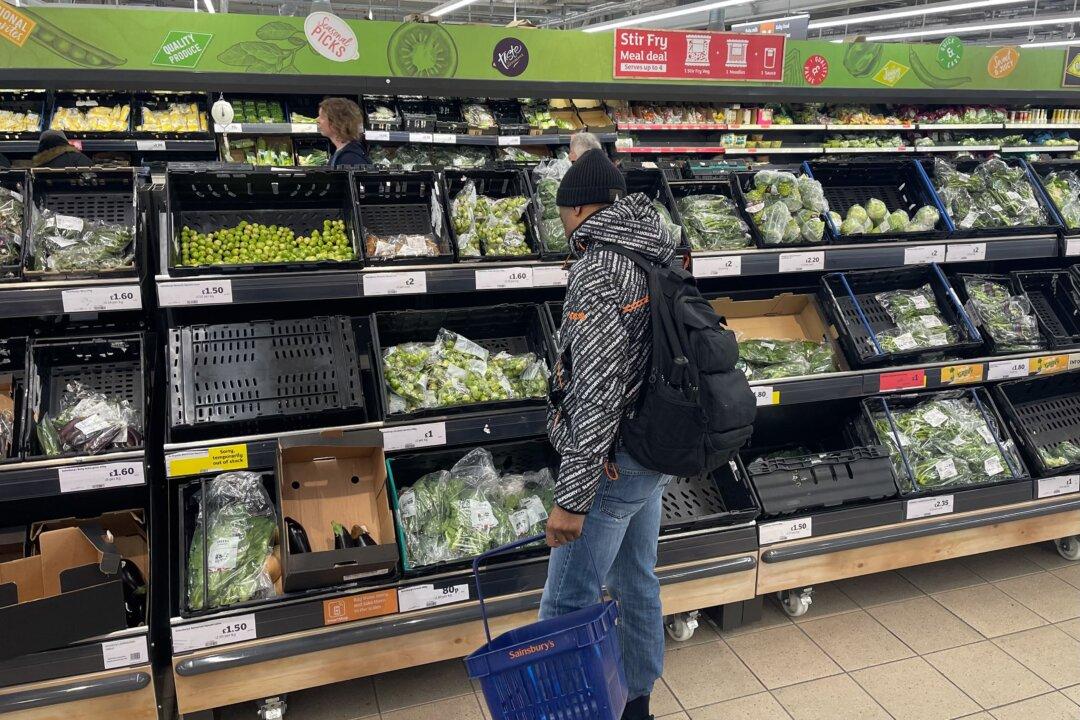The government is considering a change in food labelling, as consumers are “unknowingly” purchasing “unethical” imported food which does not meet UK welfare standards.
Writing in the Telegraph on Thursday ahead of the major agriculture event, the Oxford Farming Conference, Environment Secretary Steve Barclay said that there was a “lack of transparency” around goods from countries with worse animal welfare and environmental standards.





